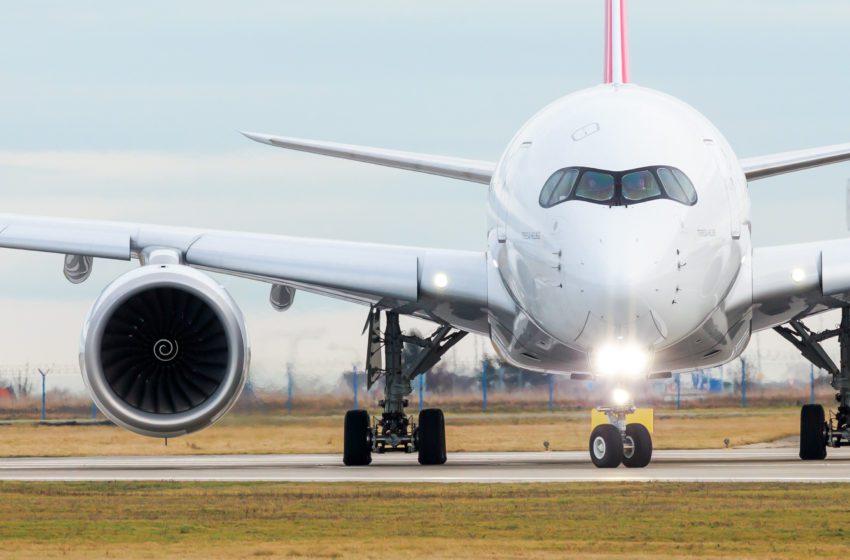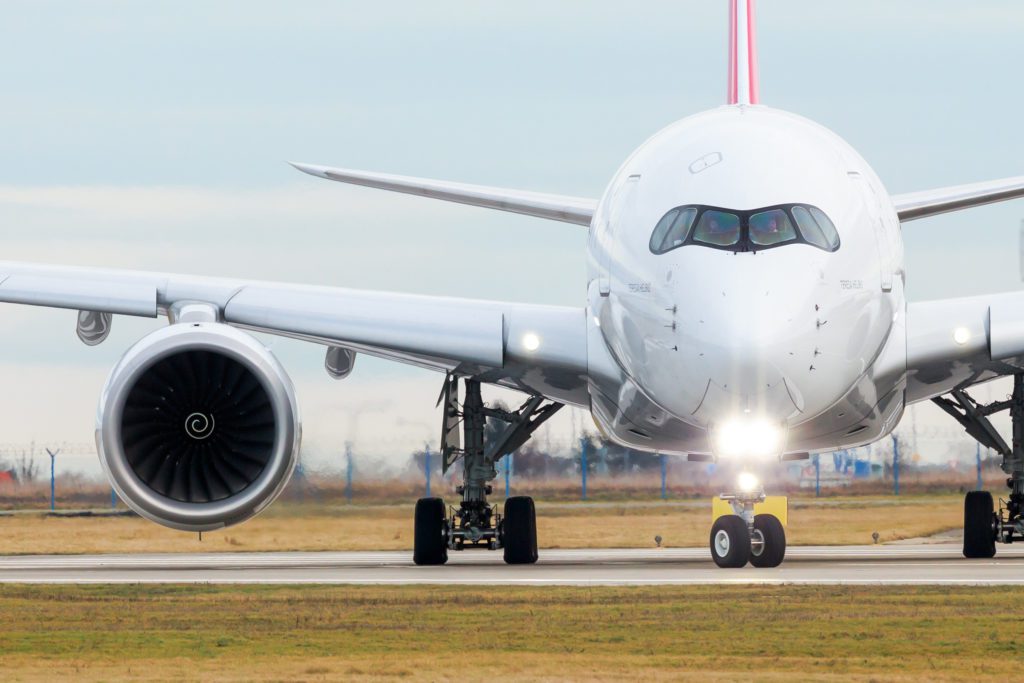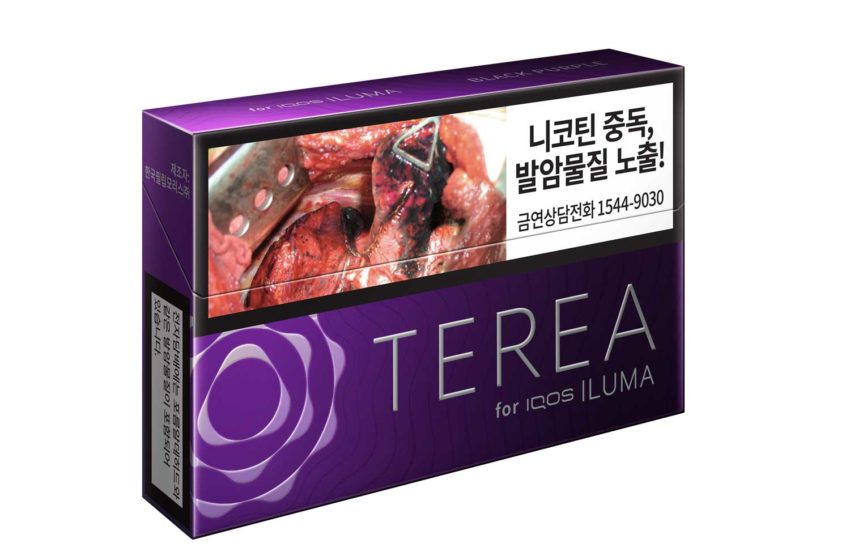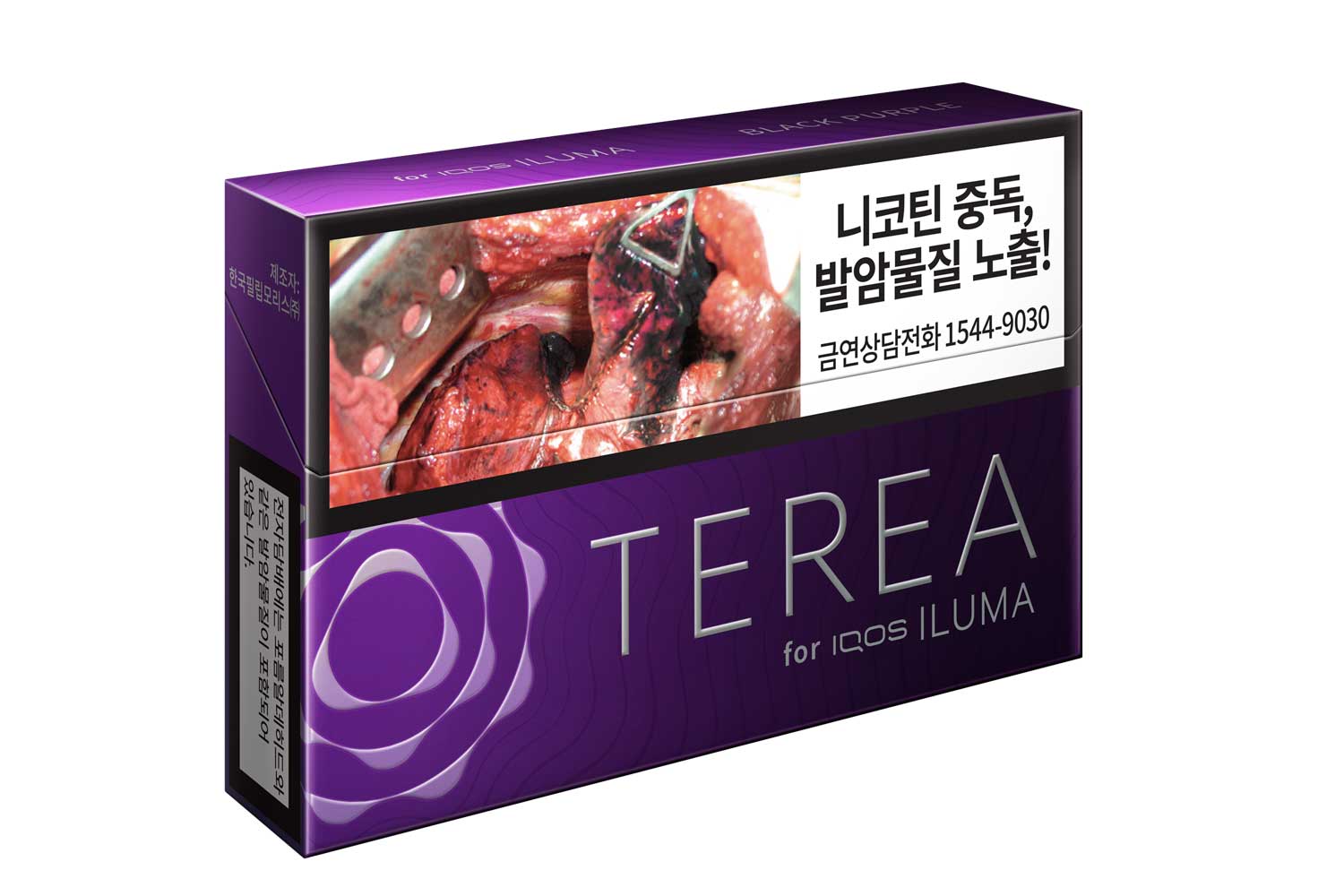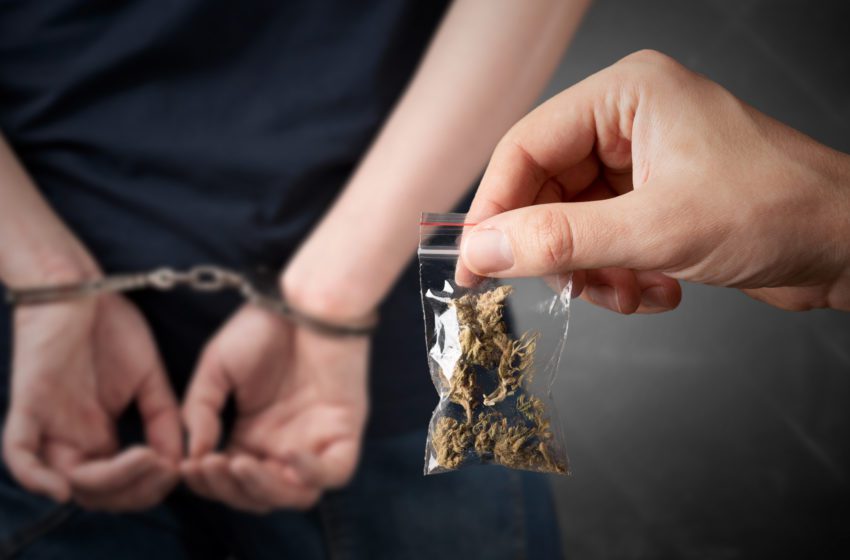
The government in the Philippines is being urged to raise the minimum age of people allowed to use vaping products to 25, ban flavored products, online sales, and “eventually” e-cigarettes entirely.
Southeast Asia Tobacco Control Alliance Executive Director Ulysses Dorotheo said also wants the introduction of “standardized packaging” on vaping products – removing colors, scents, and indications of flavors in a proposal issued to lawmakers during a Senate committee hearing on sustainable development goals, innovation, and future thinking on Friday.
“To raise the minimum age to 25 which is the cut-off for adolescent brain development so as to reduce the risk of nicotine addiction,” he said, reports the Inquirer.
Individuals as young as 18 years old may legally smoke vaping products in the Philippines.
The country’s Food and Drug Administration backed the suggestion of Dorotheo.
Restricting the sales of vaping products online is likewise pushed by Dorothero, noting it “is where our youth spend much of their time.”
Further, Dorotheo sought to increase the excise taxes on vaping products, pointing out that a lower tax rate is levied on such items compared to tobacco products.
Dorotheo eventually emphasized that the “long-term ideal outcome” is to ban vaping products.
The Philippine Tobacco Industry (PTI) recently called on the Philippines’ Bureau of Internal Revenue (BIR) to crack down on illicit vapor products.







